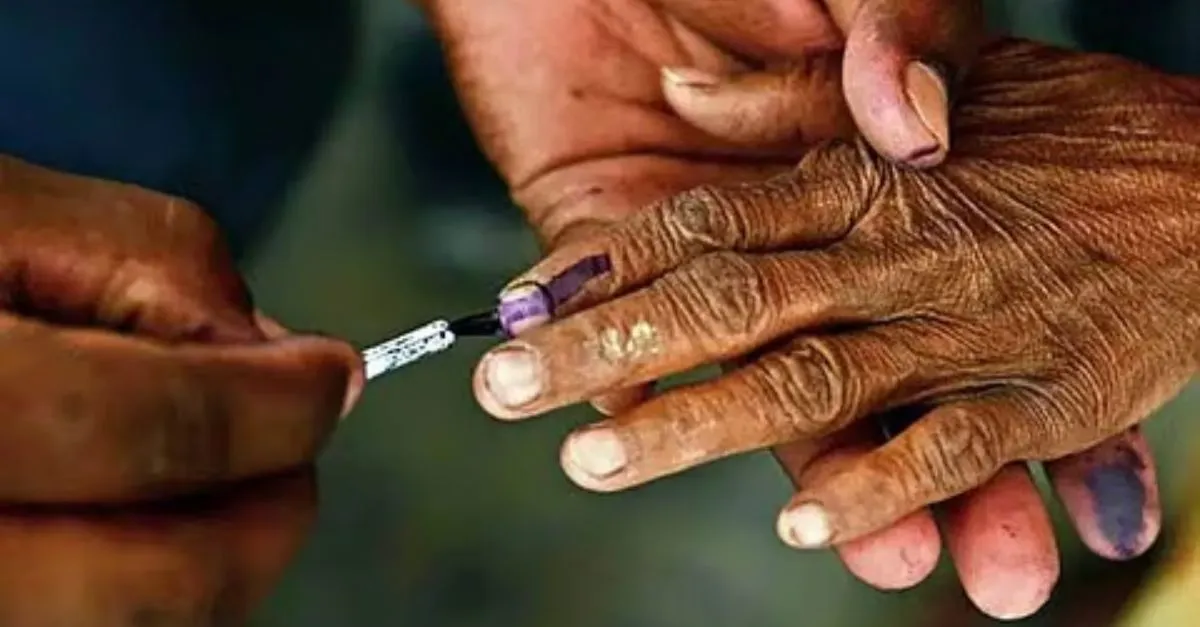- By Yashashvi Tak
- Thu, 11 Sep 2025 08:08 AM (IST)
- Source:JND
Jharkhand SIR: The Election Commission will launch the Special Intensive Revision (SIR) process in Jharkhand from October. Chief Electoral Officer K. Ravi Kumar informed that preparations are underway, and the decision was taken during the Commission’s review meeting in New Delhi, according to Jagran sources.
Key Points From The Review Meeting
1. The Election Commission reviewed the activities required to begin SIR, with indications that the process may also start in other states along with Jharkhand.
2. In Jharkhand, the mapping of polling stations is currently in progress.
3. Training for officials at multiple levels, including District Election Officers, Election Officers, and Assistant Election Officers, has been completed. Training for other officials is ongoing.
4. The Commission has directed that all preparations must be completed by September, ensuring that voter-related activities under SIR can begin on time.
Time limits for various activities have been fixed, and the state’s Chief Electoral Officer said Jharkhand is ready to conduct SIR as soon as the Election Commission announces it. Through a presentation, details about the number of voters, the updated status of the voter list, and the mapping of existing voters were shared.
The Commission also directed that no polling station should have more than 1,200 voters, and stressed that every eligible citizen must be included in the voter list while ensuring that no ineligible name is added.
Bihar Special Intensive Revision (SIR)
1. The Election Commission of India (ECI) directed the Bihar Chief Electoral Officer to accept Aadhaar card as the 12th document for inclusion in the revised electoral roll under the Special Intensive Revision (SIR) exercise.
2. This directive followed a Supreme Court order, clarifying that Aadhaar can only serve as proof of identity, not proof of citizenship.
3. Applicants must still submit one of the 11 previously listed documents, or an equivalent, to establish Indian citizenship.
4. EC cited Section 9 of the Aadhaar Act, 2016, which states that Aadhaar does not confer citizenship or domicile rights.
5. Section 23(4) of the Representation of People Act, 1950, already lists Aadhaar as a valid document to establish identity, and SIR forms also include an Aadhaar field.
6. The EC instructed strict implementation of this directive across all district election officers, electoral registration officers, and assistant EROs, warning of serious action for non-compliance.
7. The Supreme Court, while allowing Aadhaar as proof of identity, reiterated that it cannot be treated as proof of citizenship, and the EC may verify its authenticity.


